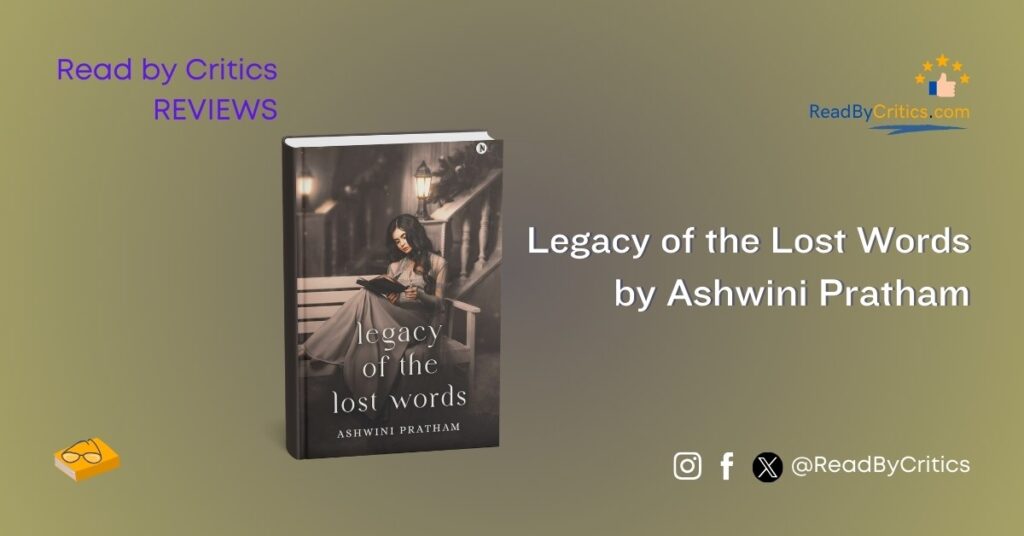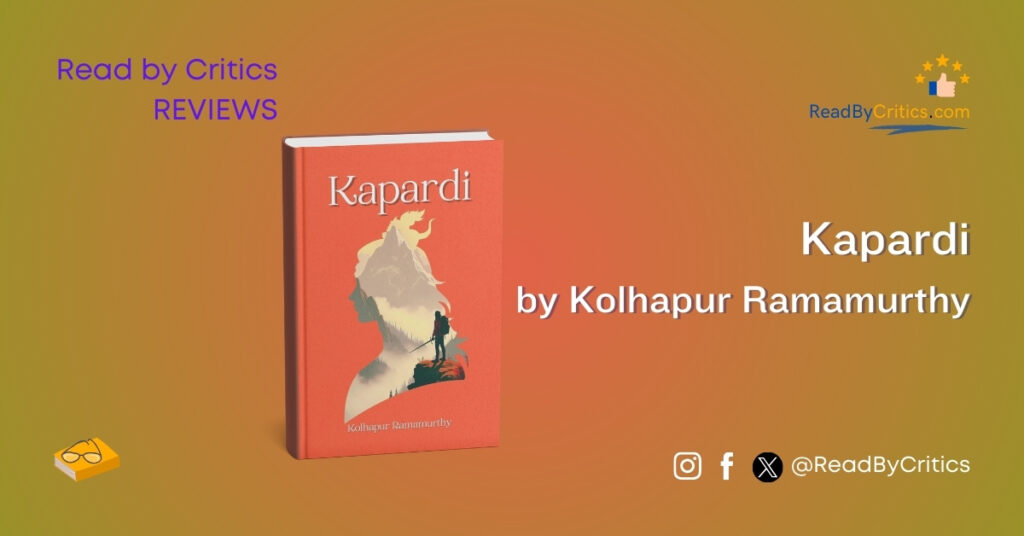The landscape:
Dystopian novels are not new. Readers, at least for a century, have been reading, appreciating and enjoying dystopian literature. William Golding and Orwell are, perhaps, the most celebrated and critically acclaimed novelists who produced the two greatest dystopian novels among many works by many other novelists. However, in recent years, especially in the late 20th century and the 21st century, a new torrent of dystopian literature has annunciated on the path of the literary abyss that leads to infinity. The Handmaid’s Tale, The Hunger Games, The Road, and Station Eleven are some of the leading titles when we discuss contemporary dystopian literature by contemporary novelists. In this book review article, I will discuss The Handmaid’s Tale by seasoned novelist and Booker Award winner, twice. If you are already a fan, you may find some otherwise aspects in this review. If you are not one of the millions who have read the book yet, you will find many reasons to do so. Let’s begin.
A brief summary of The Handmaid’s Tale:
The Handmaid’s Tale by Margaret Atwood takes the readers into a dystopian world in a proximate future, wherein the totalitarian regime known as Gilead rises, usurping the (mighty?) governance of the United States. Imbued with haunting prose and loaded with many speculative scenarios that might disturb many readers, the narrative centres upon Offred, a Handmaid, her purpose rendered singularly to the bearing of offspring for the privileged echelons. Within this pernicious, hard-to-survive, tormenting and bizarre world, women’s rights are methodically dismantled, while Offred, confined to a scrutinized existence, witnesses the erosion of her identity, relegated to a mere vessel of procreation. Amidst this oppressive panorama, Atwood deftly navigates the thematic realms of subjugation, dominance, and the relentless quest for self-determination, evoking a disquieting scene that attests to the merciless curbing of individual liberties and self-sovereignty. The novel is full of scenes and instances that are horrendous, cruel and unimaginable. However, with her skilful writing, she has been able to offer timeless prose fiction.
The characters:
Margaret Atwood’s masterpiece presents an array of characters whose roles surely transcend their individual narratives. And, in doing so, these characters add profound insights into the multifaceted dimensions of Gilead’s dystopian society. At the centre of this harrowing tale is Offred, the protagonist and also the narrator, whose very existence exemplifies the suffering endured by the Handmaids. Subjected to living like merely as a vessel responsible for reproducing kids, Offred serves as a poignant symbol, encapsulating the depths of despair and the desperate struggle for autonomy within the speculative tyrannical world. Through her perceptive lens, readers bear witness to the unforgiving brutality that pervades Gilead, as well as her own internal battle to assert her agency and reclaim her shattered identity. Offred’s character makes the dystopian world appear crueller. The antagonist, many may surmise, the Commander, is a lofty official whose presence epitomizes the embodiment of power. In the role of Commander lies the cruel intention of the totalitarian regime of Gilead. However, once the novel develops, beneath the imposing demeanour of the Commander’s existence, lies a confused, contradicting, and cracked glass that cannot hold on to anything that is subjected in the front. The Commander symbolises the regime sans morality which is on the verge of extinction of the humane qualities. Serena Joy and Moira are two contrasting characters that readers will notice have been constructed by the skilful novelist in a very subtle manner. Moira doesn’t succumb to the regime, even after being subjugated and harassed, tortured and mentally broken by another venomous character symbolising the women’s complicity, Aunt Lydia. Serena Joy, the wife of the Commander, unlike her name, enjoys nothing joyful in her life. She accepts her fate and tries to remain within the suffocating boundaries of Gilead’s authoritative world. Moira (and a few other – minor and a little more than minor characters – symbolise hope, friendship and resistance against the regime. Like every dystopian drama, there is a character who cannot be predicted unless you finish reading the novel – Nick, the chauffeur of the Commander. Luke serves as hope and respite for Offred, on many occasions, the husband of the protagonist who may only visit her in dreams… The characters are nicely designed, well-developed and play their assigned roles quite well. However, the character of the Commander and his wife, Serena Joy, might have had more attempts to salvage their purpose (if they had any).
Aspects, Perspectives & Critical Observations:
Though there are many things that one can derive after reading this novel. However, at its core, the novel offers a scathing critique of patriarchal power structures, many may argue. At the end of the day, ultimately, things come down to power. The one who has power can control the world. And the same happens in Gilead’s regime. Exploration of gender oppression within a totalitarian society can also be one aspect if you look at everything… and it certainly is one major episode on which most of the weight of the plot rests throughout the novel. The women are merely reproduction vessels and it certainly does not tell everything about the oppressive cycles women go through and the life-ending punishment if anyone tries to deviate from the ascribed course. Atwood deliberates on many issues of power abuse and the fears of a totalitarian society through the lens of Offred, the narrator and the unfortunate protagonist of the novel. Atwood underlines the insidious nature of power and control, interrogating the ways in which oppressive regimes exploit religion, ideology, and state apparatuses to perpetuate their dominance. Very much aligned with the present regime in Afghanistan, the Taliban and its archaic oppressive rules! The language employed by the novelist flows freely, almost like it does in poetry.
“The stains on the mattress. Like dried flower petals. Not recent. Old love; there’s no other kind of love in this room now.”
Overall, the novel published in 1985, still offers a variety of interpretational opportunities to the readers with critical sight. The first-person narrative wonderfully aligns with the harrowing scenarios the novel explores. Poetic language fittingly justifies the hopelessness, sorrows, loneliness and the unending darkness of the night… in the eternal wait of the first rays of the sun touching the cracking lands of justice.
Criticism & Claims:
Well, just to start and ask the obvious (that many of my American friends today would love to ask Atwood) – what is the role of Trans people in Gilead’s world? Where are they? Why does the author not think them appropriate enough to show either as oppressed or the oppressors? Criticism at different times has varied measures and benchmarks. And it is obvious because Moira has been depicted as a lesbian character. The next that many critics have argued – the women of colour (or people of colour) have almost negligible roles in this novel. That might be an ask from the author. Now, on a serious note, I enjoyed reading The Handmaid’s Tale by Atwood. Nevertheless, I assume that many modern readers, in their teens or youth, may not enjoy the novel the same way that critics or grown-ups may do. This is because the novel is too pessimistic and almost nothing other than eternal torment and suffering, inside and outside the human body, takes place! Just for optics, let’s discuss the novel by celebrity American novelist Suzanne Collins – The Hunger Games. The novel is woven in a way that women have active roles to play rather than sitting ducks and letting things happen to them. Does Atwood think women are prone to subjugation? It’s a fair question to ask. And the language that she has used in the novel and the narrative style, overall, is too poetic at times. Prose, it is called for a reason. And, reading when the novel by Atwood, friends of mine, bemused was I. See, you, too:
“Moira and I, with paper bags filled with water. Water bombs, they were called. Leaning out my dorm window, dropping them on the heads of the boys below.”
While, at times, the style is enjoyable and fitting to the predicament of Offred, it becomes too poetic to digest assuming the readers know what might have been transpiring in the background – Gilead hanging a few women because they denied bearing children. How could someone be so poetic at that time? The narrative betrays the plot on many occasions. And eventually, once you are totally detached from the linguistic shenanigans that Atwood keeps on with, you may find the novel superficial and out of place.
Overall:
Overall, the novel has become a classic… just because many say so. If you want to make your own decision about reading it or just skip the waiting line, I would suggest reading a free preview on Amazon Kindle. I won’t suggest a hard yes or no. It is enjoyable to read and also a little too much to cope with at times. So, if you love poetic language and a serious plot pointing fingers at serious issues around us, you may enjoy it. However, if you are no fan of poetic flow in the prose, you may well ignore it.
Click here to get a copy from Amazon India
Review by Ashish for ReadByCritics
The Handmaid's Tale by Margaret Atwood – Book Review
-
ReadByCritics Rating
Summary
Imagination, speculation, and a tale that is sublime… significant symbolism to indicate the horrors of a totalitarian regime where women are no more than breeding pots. However, at times, the overly poetic narrative betrays the horrors of the plot. Things are sublime in one minute and superficial in another! The co-ordination may not be ideal for modern readers, while the ancients will still enjoy a few hours of thrilling and bone-chilling pain!




